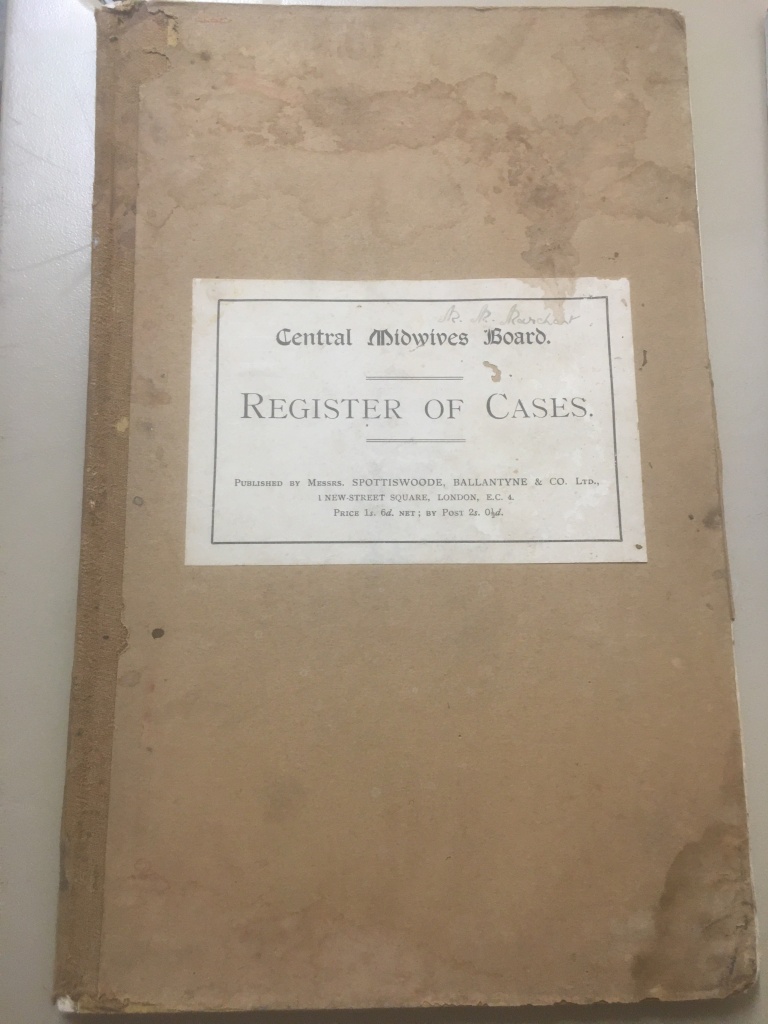Churchwardens are lay officials who oversaw the routine running of parishes. They were elected to their positions by other members of the laity (a body of people not in orders as opposed to the clergy) and usually served a single term. Their primary job was to procure and disburse funds from parishioners for the maintenance of the parish church and other parish buildings. To keep track of all this, churchwardens created account books which recorded their income and expenditure. All manner of things are represented including incomes and expenses of parish officials, church repairs (to doors, gates, pews and graveyard walls), plus sundry items such as washing surpluses, brooms, bell ropes and communion bread and wine.
However, another, more tragic aspect of these records is that they usually list bounties paid for catching ‘vermin’. By the mid-1500s, the population of Britain had recovered from the Black Death and was starting to rise rapidly. However, agriculture didn’t keep pace and frequently harvests were poor – the harvests of 1527, 1528 and 1529 were particularly dreadful. In just over three years, most food prices doubled in England. A further abysmal harvest in 1532 was the final straw and concerned least this cause major civil unrest, Henry VIII passed ‘An Act made and ordained to destroy Choughs Crows and Rooks, 1532’. This Act was specially aimed at reducing the number of rooks, crows, and choughs [jackdaws], in the hope of protecting grain harvests and it stated that:
Continue reading →

